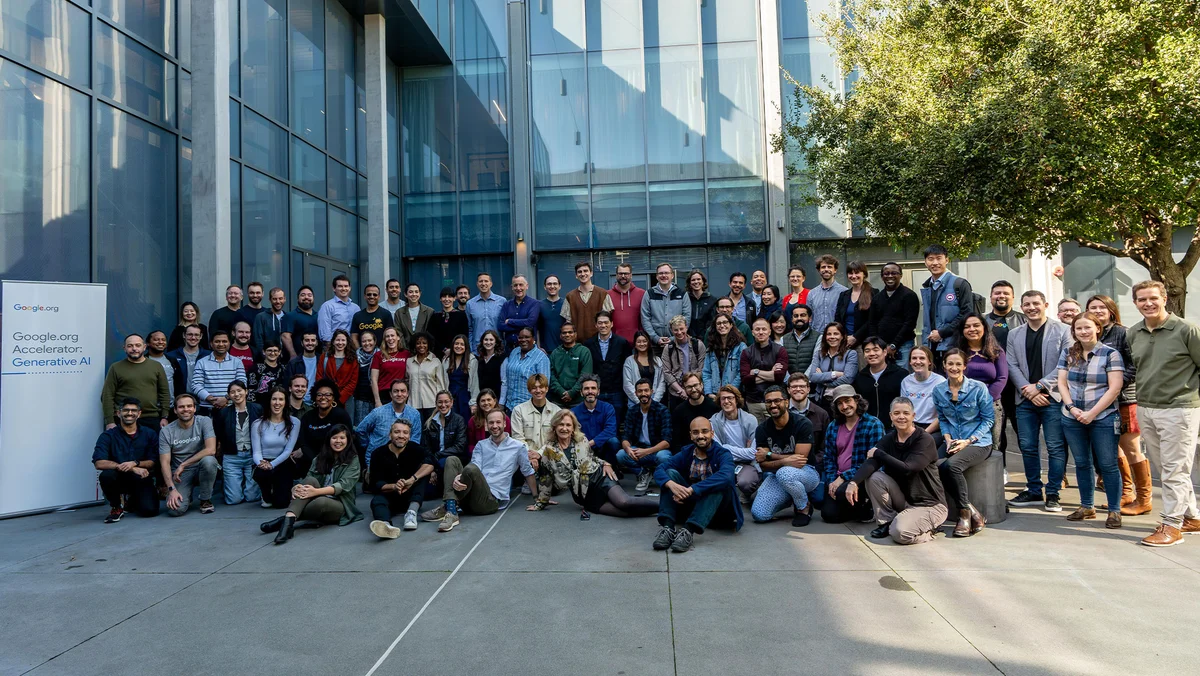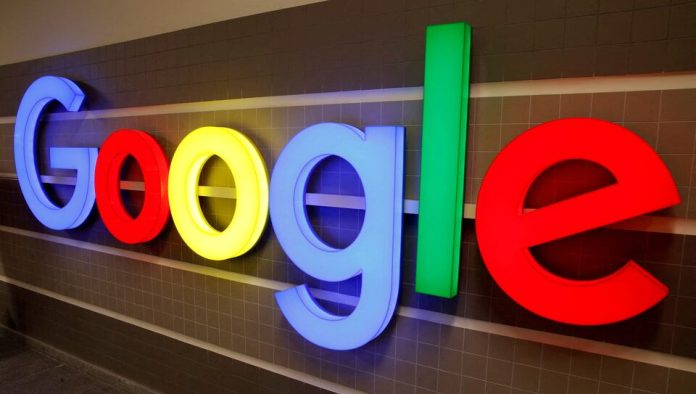Google.org has launched generative AI accelerator program dubbed Generative AI to invest into startups and non-profits in the generative AI sector which has been popularized by OpenAI’s ChatGPT, Microsoft’s Co-Pilot, Twitter’s Grok among others.
The grants aim to help startups and social impact teams be more productive, creative and effective in serving their communities by using AI which AI helps organizations achieve their goals in one third of the time at nearly half the cost. Kenya’s Jacaranda Health and EIDU are some of the recipients of the grants.
According to Annie Lewin, Senior Director of Global Advocacy and Head of Asia Pacific, Google.org, “We are announcing the Google.org Accelerator: Generative AI, a six-month program supporting nonprofits developing high-impact applications of generative AI. Our first cohort includes 21 organizations focused on areas like climate, economic opportunity, health, education and crisis response. In addition to technical training, workshops, mentors and pro bono support from a dedicated AI coach, Google.org is providing more than $20 million in funding across the projects.”
Google says the funding and support will help these organizations to tap into generative AI as even though four in five nonprofits think generative AI may be applicable to their work, nearly half are not currently using the technology due to lack of tools, awareness, training and funding as the biggest barriers to adoption.


The ventures selected include:
- Benefits Data Trust is using Large Language Models (LLMs) to build an AI-powered assistant that supports caseworkers and other front-line workers in helping low-income applicants access and enroll in public benefits.
- Beyond 12 is developing a generative AI-powered College Coach that will provide coaching at scale to first-generation college students and students from under-resourced communities.
- US’s CareerVillage is developing new activities for its AI Career Coach to help underrepresented individuals navigate their career paths and achieve better employment outcomes.
- UK’s Climate Policy Radar is building an open digital database and knowledge graph for climate law and policy with a generative AI-enabled search interface to help climate leaders make evidence-based decisions.
- US’s CodePath will launch AI tutoring and mentorship solutions to provide immediate, personalized career support to underserved communities.
- Kenya’s EIDU is using generative AI to provide personalized tutoring services in low- and middle income-countries through content for teachers and customized digital learning exercises for students.
- Full Fact is building a generative AI tool to analyze and summarize large volumes of health misinformation across various media, reducing fact checkers’ workload.
- IDinsight, Inc. provides prompt and accurate, generative AI-powered responses to health-related inquiries from new or expectant mothers in South Africa.
- Jacaranda Health from Kenya scales digital health services to mothers who live in underserved areas using Natural Language Processing (NLP) that has been trained in African languages.
- US’s Justicia Lab is creating an AI assistant to help immigrants understand their options for attaining legal status — providing them with actionable information throughout the process, and offering customized guidance on their path to immigration relief.
- UK’s Materiom is creating a generative AI tool for entrepreneurs to build and test compostable biomaterial recipes that help to transform the packaging and textiles industries to become regenerative.
- US’s mRelief is creating an assistant to help with applying for Supplemental Nutrition Assistance Program benefits in the U.S.
- US’s Opportunity@Work is helping employers gain greater insights into career paths that don’t rely solely on degree-based qualifications in order to boost employability for more workers Skilled Through Alternative Routes.
- Partnership to End Addiction is enhancing the reach and quality of its addiction support services for families by using AI to build training simulations and quality assurance tools.
- US’s Quill.org is building a new tool to provide students with immediate, AI-powered feedback and coaching on writing and reading comprehension activities, enabling them to quickly build new skills while saving teachers hours of time.
- UK’s Tabiya’s generative AI tool empowers jobseekers in low- and middle-income countries with tailored and relevant advice at scale to enable better job matches, increased gender equity and higher incomes.
- US’s Tarjimly uses AI-powered translation to empower human translators for refugees — improving accessibility, quality and scale of translation for low-resource languages globally.
- U.S. Digital Response is helping governments understand how to use generative AI effectively to improve efficiency and impact, starting with a language access tool to reduce barriers to unemployment insurance.
- World Bank is developing a generative AI tool to make development research more accessible, extracting evidence-based findings from research to help policymakers make decisions faster and direct resources more effectively.



